Top Ten Books for Financial Literacy: A Must-Read List to Secure Your Financial Future
In today’s fast-paced world, understanding personal finance is not just a luxury—it’s a necessity. Whether you’re just starting your financial journey or looking to enhance your knowledge, books on financial literacy can be invaluable resources. They offer insights from experienced professionals, practical advice, and strategies to help you manage, invest, and grow your wealth. Here’s a list of the top ten books that can significantly boost your financial literacy.
1. “Rich Dad Poor Dad” by Robert T. Kiyosaki
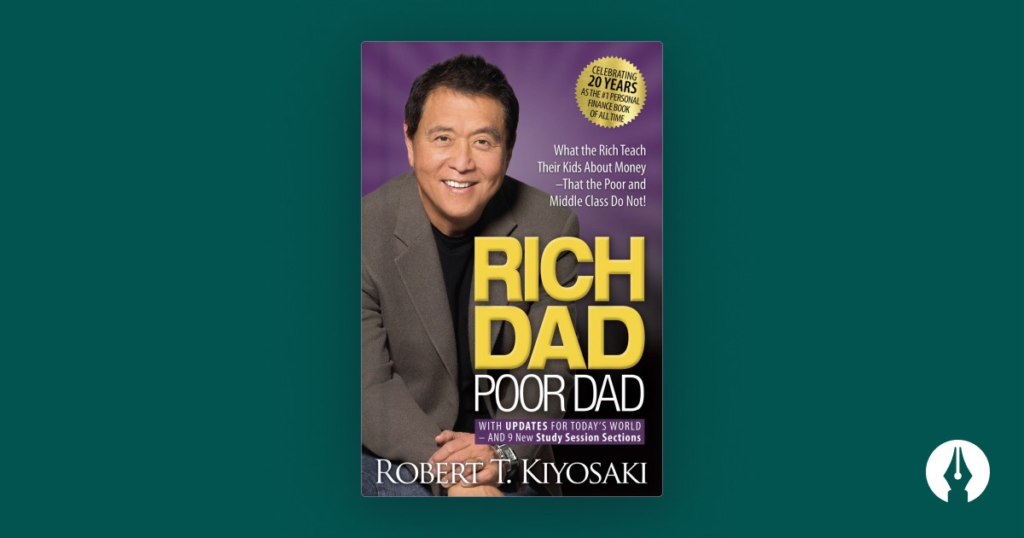
“Rich Dad Poor Dad” is a classic in the realm of personal finance. In this book, Kiyosaki contrasts the financial philosophies of his “rich dad” and “poor dad” to emphasize the importance of financial education, investing in assets, and understanding how money works. The book challenges the conventional wisdom about work and wealth, urging readers to think differently about money and investment opportunities.
Key Takeaways:
- The difference between assets and liabilities.
- The importance of financial education.
- The power of passive income.
2. “The Total Money Makeover” by Dave Ramsey
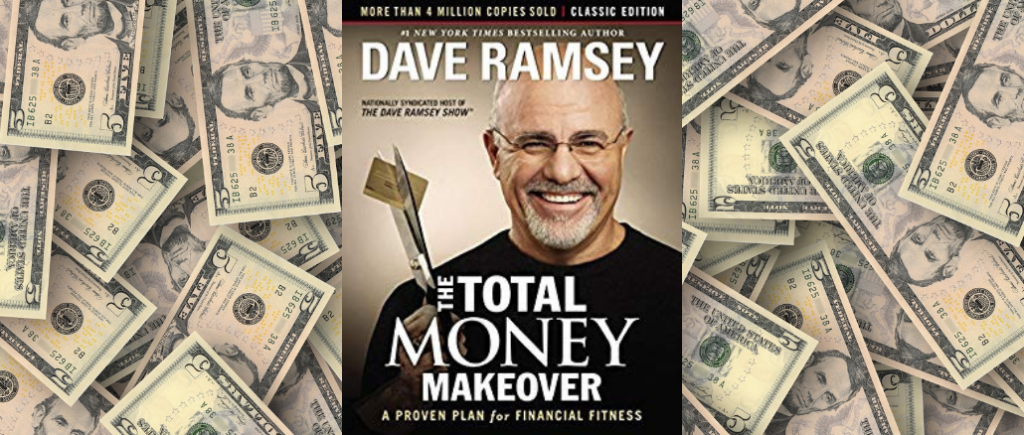
Dave Ramsey is renowned for his no-nonsense approach to personal finance. “The Total Money Makeover” is a step-by-step guide to taking control of your finances, getting out of debt, and building wealth. Ramsey’s strategies are based on discipline, budgeting, and the concept of living within your means.
Key Takeaways:
- The “Baby Steps” approach to financial health.
- Strategies for getting out of debt quickly.
- The importance of emergency funds and retirement savings.
3. “The Intelligent Investor” by Benjamin Graham
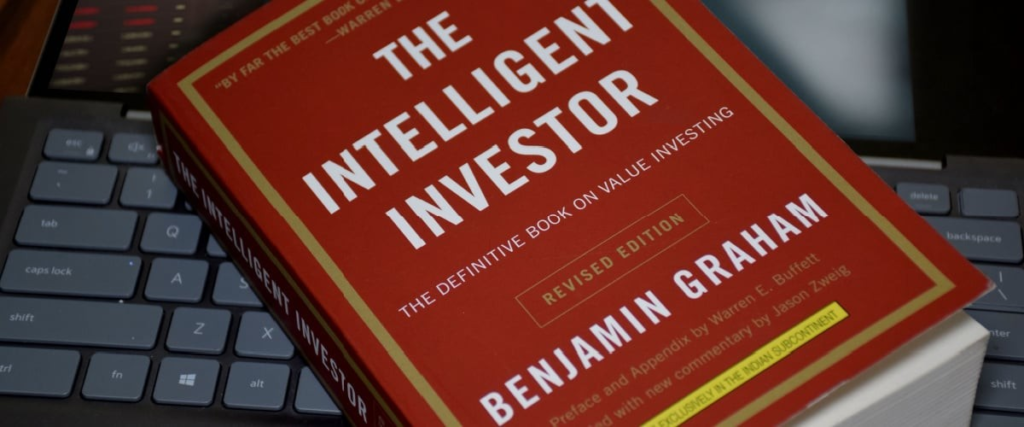
For those interested in investing, “The Intelligent Investor” is a must-read. Written by Benjamin Graham, a mentor to Warren Buffett, this book introduces the concept of value investing. Graham emphasizes the importance of thorough analysis, a disciplined approach, and the need to protect oneself from substantial error.
Key Takeaways:
- The difference between investment and speculation.
- The importance of a margin of safety in investing.
- Strategies for long-term wealth accumulation.
4. “Your Money or Your Life” by Vicki Robin and Joe Dominguez

This book is not just about managing money; it’s about transforming your relationship with money. “Your Money or Your Life” guides readers through a nine-step program designed to help them rethink their spending habits, save money, and find financial independence.
Key Takeaways:
- How to track and evaluate your spending.
- The concept of “enough” and its role in financial satisfaction.
- Strategies for achieving financial independence.
5. “The Millionaire Next Door” by Thomas J. Stanley and William D. Danko
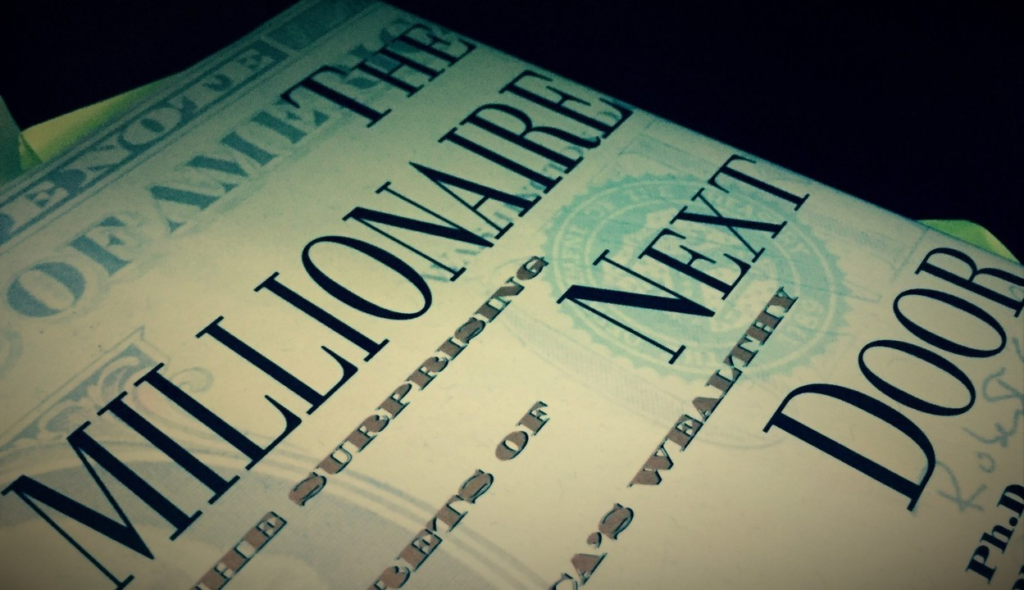
“The Millionaire Next Door” challenges the stereotype of millionaires and reveals that wealth is often the result of hard work, frugality, and smart financial decisions. The book is based on a study of millionaires and explores the habits and behaviors that contribute to their financial success.
Key Takeaways:
- The importance of living below your means.
- The role of financial discipline in wealth accumulation.
- Common traits of self-made millionaires.
6. “I Will Teach You to Be Rich” by Ramit Sethi

Ramit Sethi’s book is a practical guide for young adults looking to manage their money effectively. “I Will Teach You to Be Rich” covers everything from setting up bank accounts to investing in the stock market. Sethi’s approach is straightforward, actionable, and designed to help readers build wealth without sacrificing their lifestyle.
Key Takeaways:
- The importance of automation in managing finances.
- Strategies for paying off debt and building credit.
- How to invest wisely for the future.
7. “The Simple Path to Wealth” by JL Collins
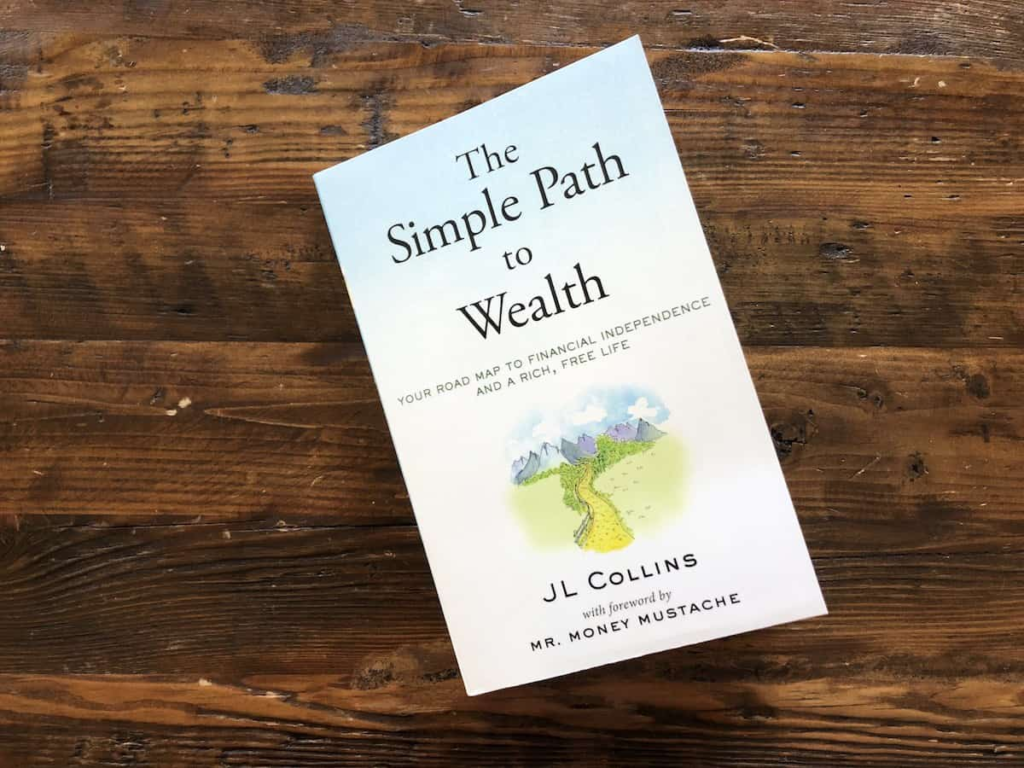
“The Simple Path to Wealth” is a guide to financial independence and early retirement (FIRE). JL Collins shares his wisdom on investing, particularly focusing on the benefits of low-cost index funds. The book is written in a conversational tone, making complex financial concepts accessible to all readers.
Key Takeaways:
- The benefits of investing in index funds.
- The importance of saving and investing early.
- Strategies for achieving financial independence.
8. “The Barefoot Investor” by Scott Pape

Scott Pape’s “The Barefoot Investor” is a bestseller in Australia and offers practical, down-to-earth advice on managing money. The book covers everything from budgeting and saving to investing and retirement planning, all presented in a straightforward, no-nonsense style.
Key Takeaways:
- The importance of setting up a simple, effective financial system.
- How to manage debt and build wealth.
- Strategies for achieving long-term financial security.
9. “Broke Millennial” by Erin Lowry
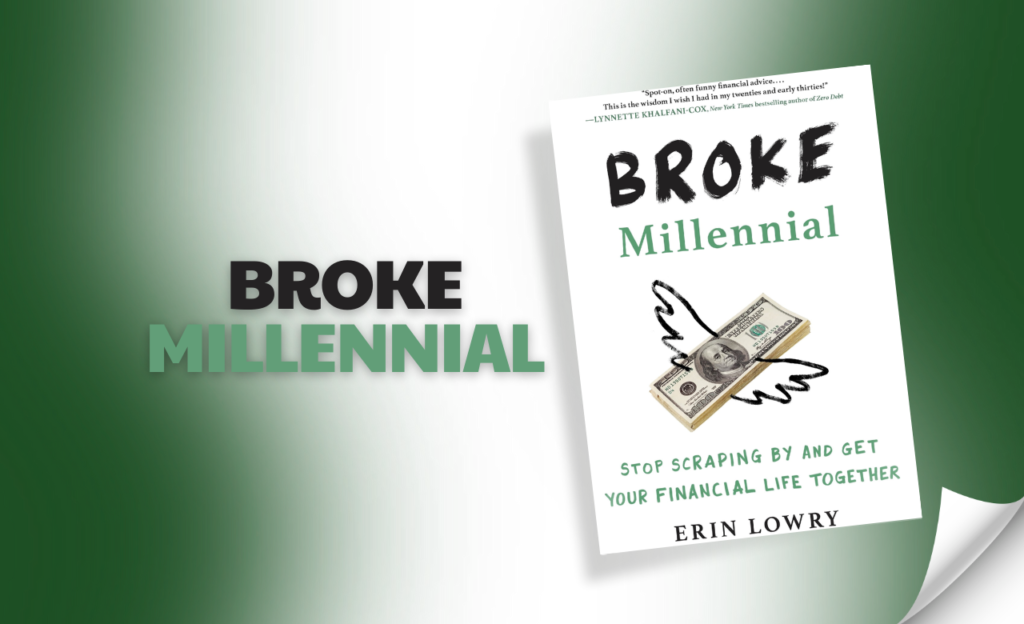
“Broke Millennial” is targeted at millennials who are struggling with student debt, low wages, and financial uncertainty. Erin Lowry offers relatable advice on how to manage money, pay off debt, and start saving and investing, all while navigating the unique financial challenges faced by young adults today.
Key Takeaways:
- How to get out of debt and build an emergency fund.
- The importance of understanding credit scores and how to improve them.
- Tips for investing as a young adult.
10. “The Psychology of Money” by Morgan Housel

“The Psychology of Money” delves into the behavioral aspects of finance. Morgan Housel explores the way people think about money, the psychological barriers to financial success, and the importance of developing a healthy relationship with money. The book offers timeless lessons on wealth, greed, and happiness.
Key Takeaways:
- The role of psychology in financial decision-making.
- The importance of patience and long-term thinking in wealth building.
- How to avoid common financial pitfalls.
Conclusion
Financial literacy is the key to making informed decisions that lead to financial stability and wealth. The books listed above offer a wealth of knowledge and strategies that can help you take control of your finances, whether you’re just starting out or looking to refine your financial strategy. By incorporating the lessons from these books into your life, you can build a solid financial foundation and work toward achieving your financial goals.
Whether you want to get out of debt, save for retirement, or simply become more financially savvy, these books are a great place to start. Remember, financial literacy is not about making quick money; it’s about building long-term wealth and security. Start your journey today by picking up one of these essential reads.














Post Comment